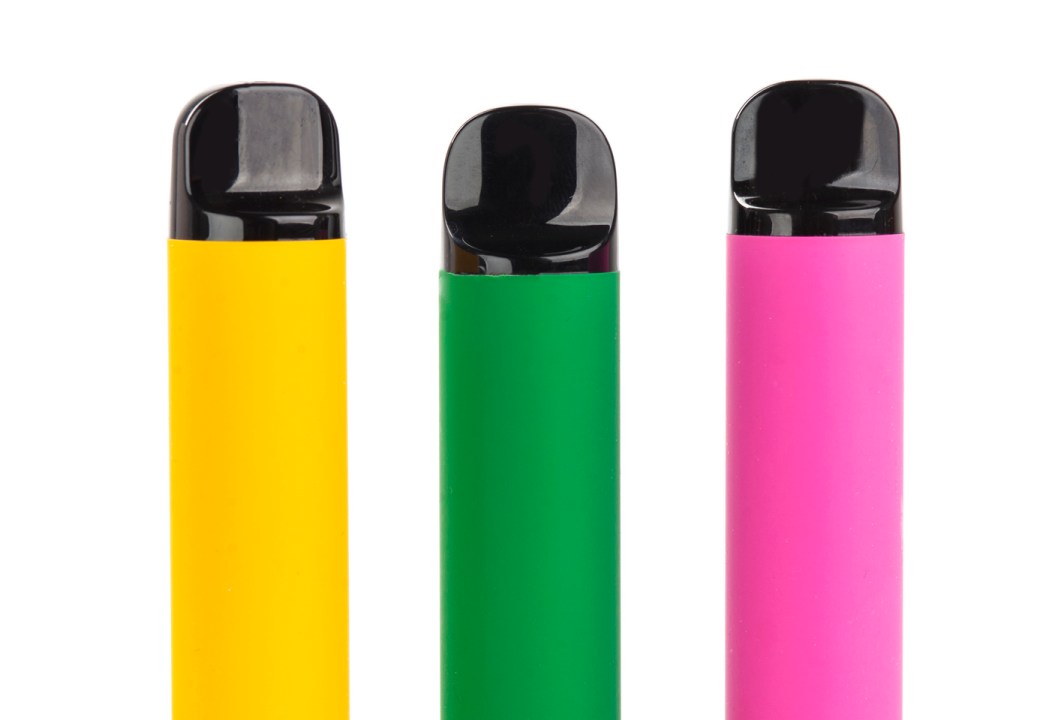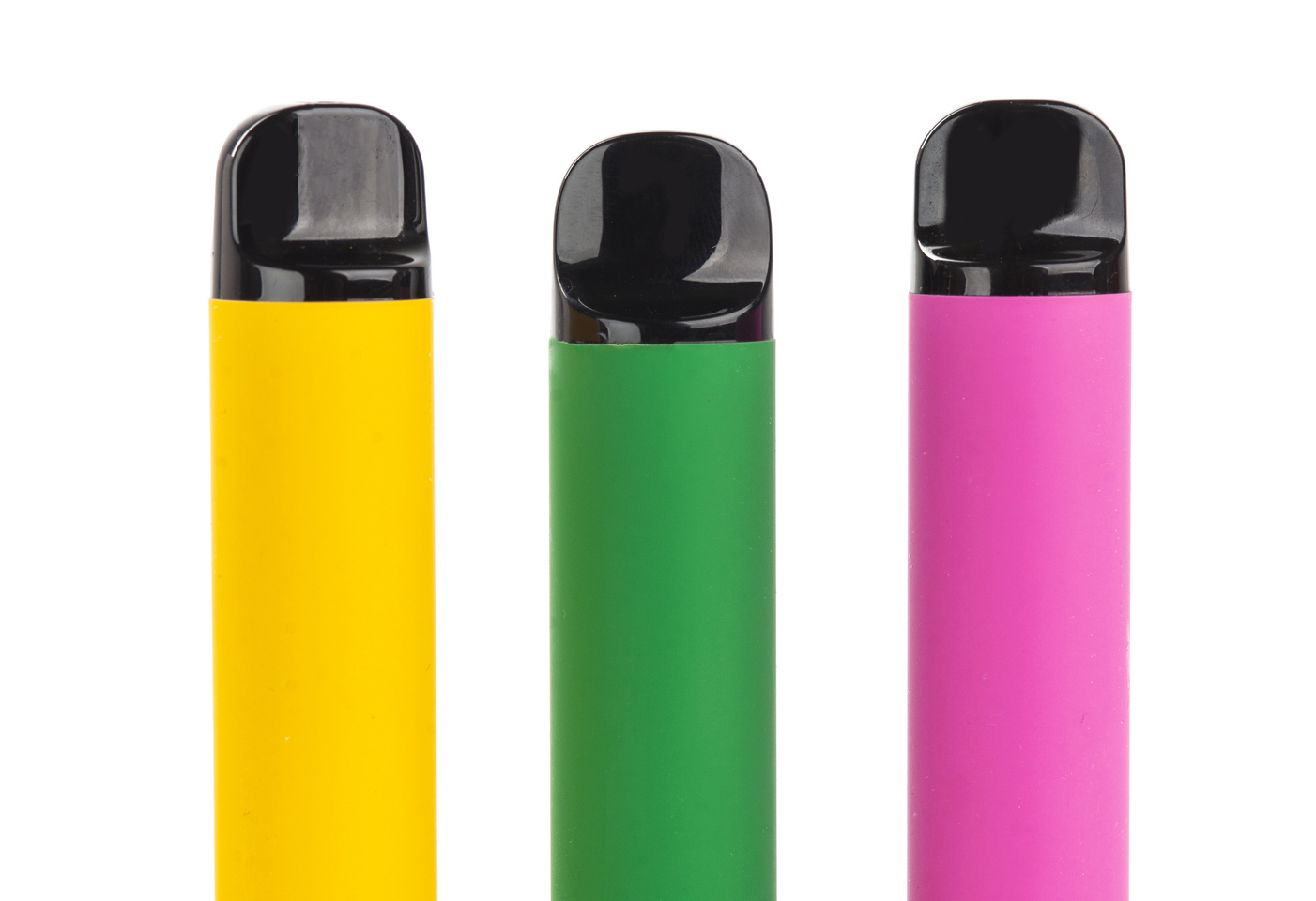When we’re debating the introduction of a new law – ban this, ban that, crack down on the other – most of the energy in the public conversation goes into the question of whether this, that, or the other is something that deserves to be cracked down on. It seems to be after the event, usually, and with the sound and fury at last subsided, that we discover whether the law in question will achieve its stated purpose.
A corker of a recent example, I think, was the Blair government’s foxhunting ban. It sucked in hundreds of hours of parliamentary time. It generated thousands of headlines. It brought hundreds of thousands of people out on the streets. And finally, this totemic piece of legislation passed – which according to your way of looking at things either sought to bring a barbaric and trivial era of our national history to a close, or sought to destroy part of the English way of life out of class-based spite. The main result was a giant uptick in the number of people in fancy dress taking their dogs for a walk on horseback.
Another, I suspect, may turn out to be Sir Keir Starmer’s one-in-one-out ‘crackdown’ on small boat migrants. It seems very odd that – by insisting that every new migrant we kick out will be replaced by another we consider more deserving – we essentially tether our migration statistics fastidiously and by law to the success of the smuggling gangs who run the small boats. There may be a shuffle of personnel, but in bums-on-seats terms, we’re accepting exactly as many people as make landfall in a dinghy in any given year.
But the one I zero in on here seems to me a wonderful little parable of the time and energy wasted when a law hasn’t been properly thought through. Disposable vapes. Remember them? There was a moment when we could talk of little else. We all agreed, apparently, that they were a Bad Thing, on the grounds that a) it wasn’t exactly environmentally friendly to have zillions of these plastic things chucked into landfill every year, along with all the nasty chemicals in their batteries and b) they were considered to be a big contributor to the rise in vaping among young people.
The most prominent of all these vapes were probably Elf Bars, a marketing success story like no other. Their manufacturers indignantly deny the suggestion that they deliberately marketed their products to kiddies, but we can say with some confidence that kiddies liked them. Could it be the cheerful, CBeebies style colour schemes? Or is it the Haribo-adjacent flavours – things like Blueberry Sour Raspberry, Kiwi Passionfruit Guava and Blue Razz Lemonade? Either way, they became a rising star of the random-bag-search confiscation scene in secondary schools up and down the country.
And so, duly, Rishi Sunak set in motion a ban that came into force a month or two ago. How’s it working out? I only ask because though Elf Bars and their like may be popular with the kids, decrepit late-middle-agers like me have also been known to pick them up when they are caught short by the battery on their reusables giving up the ghost. (The cost of this is indignity: I have not seldom – being too short-sighted to read the flavours on the display behind the newsagent’s counter – plumped for a pretty yellow one, imagining it would be lemony and refreshing, only to find myself choffing away on a vile synthetic banana confection.)
Had reusable vapes doubled or tripled in price, consumer behaviour might have changed
Your basic disposable vape, in case any readers are unfamiliar with them, is an all-in-one plastic doohickey with an integral one-use battery, and a tank of some fruity-flavoured and wickedly nicotinous juice inside which the battery vapourises for your pretend-smoking pleasure. They cost five or six quid a pop – or anything up to a tenner if you buy one from the robdogs in those central London kiosks.
Now, though, they are 100 per cent illegal. So the other day, caught vapeless as described above, I tried to buy one in the offy. Elf Bar, despite the mighty smiting of Sunak and the combined will of both Houses, has very much not gone out of business. Instead, they are now selling reusable vapes. These new, absolutely-definitely-not-disposable vapes are exactly the same flavour, colour, shape and size of the wicked, needing-to-be-banned old sort. They are sold in the same packaging. They cost the same.
The difference is that they’ve bunged in a USB port so you can now, at least in theory, recharge their crappy little batteries. And if you tug at the mouthpiece, you can lift the tank of fluid out and, at least in theory, replace it with spares that are available separately. Their many competitors – Lost Mary, Blu and all the rest – have done exactly the same thing. A tiny tweak to the production line (insert charging port; solder a couple of contacts onto the juice tank so it’s removable) has made no significant difference to the product.
No doubt the manufacturers will have pretty good statistics on how many of their customers now reuse their products rather than, say, tossing them in the bin when they’re done just like they did with their predecessors. I can’t claim to know, but I have a hunch. Had these reusable vapes, with their new specs, doubled or tripled in price, we might have been more confident in their effect on consumer behaviour – but, oddly, they didn’t.
And, for what it’s worth, if the main desideratum was to reduce youth vaping, the current status quo probably does the opposite. It makes it just a bit cheaper for the thrifty teenage vape-fiend. If you can be bothered to recharge the battery with a USB cable (not included) you get two replacement juice-tanks for the same price as the original vape; which may be marginally better for the environment but it’s also marginally easier on the old pocket money.
And for this – at very best a no-score-draw in overall terms – we spent parliamentary time, political will, and acres of anguished, well-meaning news stories. Not to mention creating a logistical pain in the behind for newsagents and supermarkets up and down the country and inconveniencing to no especially obvious end the businesses that manufacture these things.
Was this in any way foreseeable? As long ago as January 2024, the then health secretary Victoria Atkins promised: ‘we will listen very carefully to suggestions that big tobacco and other vaping companies will somehow find a way around this’. To the suggestion that vaping companies might simply bung a USB port into an essentially disposable product, she said: ‘That’s incredibly cynical and it shows, if you like, the battle that the government is prepared to take on.’ And yet, astoundingly, here we are. Mine’s a Banana Ice.









Comments